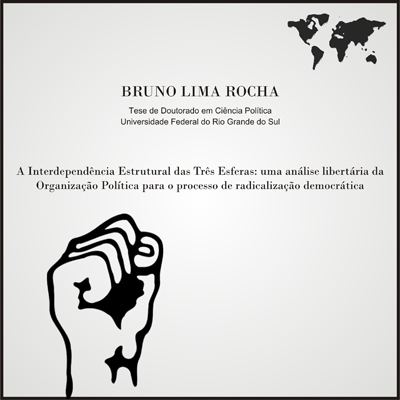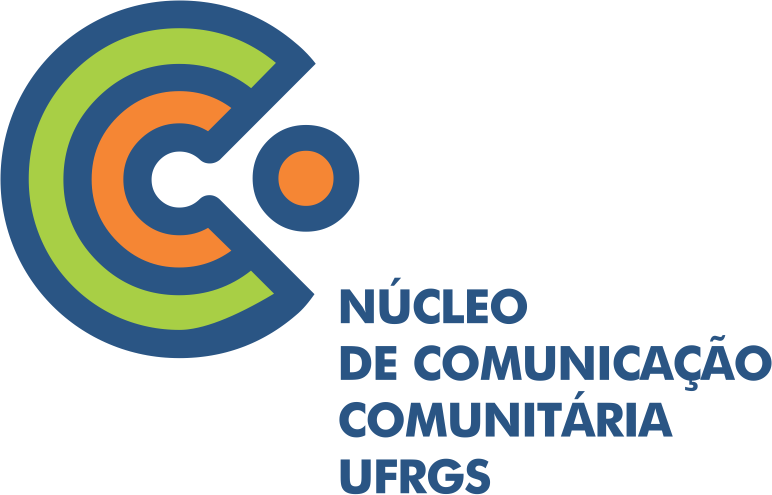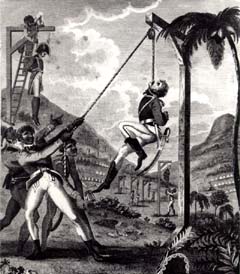|
ISSN 0033-1983
.jpg)




















|
|
Original Content in English
The U.S. is the Country of the Tonton Macoutes
|
pbs.org

The glorious Haitian revolution may be the source of inspiration to reinvent a country devastated by the Empire and local elite
|
by Bruno Lima Rocha, Brazilian political scientist (phd)
It was proven that those that had nothing could have less on Tuesday January 12th.
The earthquake in Haiti devastated the little reconstruction that was done by the U.N. forces which are still controlled by the regional power with global intentions: Brazil.
At the moment the country is trying to survive between the pouring in of humanitarian aid, the dispute over the returning hegemony in the region by the U.S., the limited capacity to install anything but extreme poverty, corruption and violence.
It should be noted that the tragedy caused by the seismic tremor only worsened what was already horrible. Other quakes struck the region, in El Salvador and Mexico, and did not cause societal collapse - much to the contrary.
The social disintegration of the poorest country in the Americas is also the result of predatory behavior directly influenced by the U.S. enviar
imprimir It is impossible to understand what is happening today in Haiti without taking into account the violent repression and imperialist actions that the Francophone half of Hispaniola has suffered. This is the same population that proudly won its independence in 1804, before Brazil, Argentina or Mexico.
The glories of its birth were not reiterated in the 20th century. At that time Haitians lived under a mix of U.S. military occupation and a dictatorship with imperial airs.
The Duvalier “dynasty,” beginning with François (1957-1971, aka “Papa Doc”) and his son François (1971-1986, aka “Baby Doc"), was preceded by U.S. military occupation between 1915 and 1934 and left deeply violent roots in the population.
The dictatorship was overthrown by a popular uprising in 1986 which was reacting to the terror caused by the Tonton Macoutes, a pro-Duvalier militia.
Democracy lasted only a few months. Members of the infamous Voluntary Militia for the Defense of National Security were not punished for crimes against humanity by the government of the then elected ex-priest Jean Bertrand Aristide.
The new Haitian began when the former Father was ousted by the military, after only a few months in power. This opened the doors for American or U.N. intervention.
In 1994 Aristide returned to power with the help of occupation troops. This “help” came with the recommendation to privatize the few state run businesses.
From 2000 to 2004 the U.S. embargo heightened the local oligarchy’s interests and paramilitaries destabilized all of the government’s initiatives.
Certainly, “helping” reconstruct a country is not selling the leftovers or handing out contracts to friendly businesses.
Various serious academic sources point out that Haiti’s reconstruction includes the urgent need for subsidies and promotion of agriculture, the base for production in the country.
In 1970 the country produced 90% of the food it consumed. Currently 55% of food is imported. Any serious attempt for long term reconstruction will begin with agriculture.
All that’s missing is to join up with the U.S. State Department.
Ps: This article was kindly translated by Patrick Flint to Mondokio.com website

voltar
|
 |
|
|
|


.jpg)

















